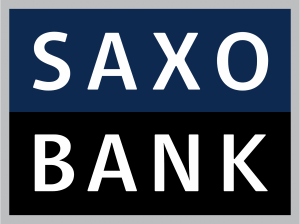CFTC secures permanent injunction order against Edge Financial Technologies
Edge aided and abetted a trader’s spoofing and use of a manipulative and deceptive scheme.

The United States Commodity Futures Trading Commission (CFTC) today announced that the US District Court for the Northern District of Illinois entered a consent order of permanent injunction against Edge Financial Technologies, LLC, an Illinois firm that provided software development and computer programming services for traders. The ruling resolves a 2018 enforcement action brought in connection with the Division of Enforcement’s Spoofing Task Force.
Edge aided and abetted Trader A’s spoofing (bidding or offering with the intent to cancel the bid or offer before execution) and use of a manipulative and deceptive scheme involving the E-mini S&P futures contract from at least January 30, 2013, through October 30, 2013. Edge enabled Trader A’s violations by programming a custom software application that helped send false supply and demand signals for E-mini S&P futures contracts and induced other market participants to react.
The court’s permanent injunction prohibits Edge from providing any computer programming services in connection with trading in CFTC-regulated markets for a period of two years. Further, it orders disgorgement of $24,200 and a civil monetary penalty of $48,400, for a total of $72,600 in monetary relief.
According to the order, Edge programmed a “Back-of-Book” function for Trader A knowing that he planned to use this function to engage in spoofing and to employ a manipulative scheme. The Back-of-Book function had two features helpful to Trader A’s illegal conduct. First, it kept Trader A’s orders, which were visible to other market participants, behind other orders at a particular price level. This was done to minimize the chances that Trader A’s orders would result in executed trades. Second, the Back-of-Book function immediately and automatically cancelled Trader A’s orders as soon as any portion of these orders was filled by other market participants.
Edge programmed the Back-of-Book function with these features with the understanding that they would help Trader A place large spoof orders and trick other market participants into making decisions and executing trades based on this false information.
The order permanently enjoins Edge from selling or possessing any application that includes the Back-of-Book function.









